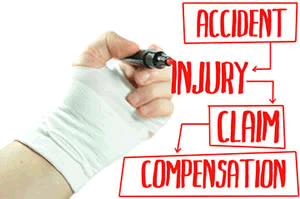Defiency
What does Defiency mean?
Debtors who fail to repay a secured debt may have the asset (i.e., house, car, or boat) repossessed. Often the creditor is not interested in retaining the asset and sells the asset, generally through an auction, in an attempt to reclaim most or all of the debt owed. Unfortunately, however, often the sale price at the auction is less than the original debt owed. This difference remaining after the sale is termed a deficiency.
What will the creditor do about a deficiency?
Although it may not occur, if there is a remaining deficiency, creditors generally have the right to file suit in court against the original debtor and request a judgment from the court for repayment. If the court agrees, they will issue a deficiency judgment demanding repayment by the debtor.
After the deficiency judgment is issued by the court, the creditor will continue to seek repayment. The options for enforcing the judgment can vary by state. States may allow wage garnishments, property repossessions, and bank account levies (although not every collection option is allowed for all types of deficiency judgments).
Can I stop the enforcement of the deficiency judgment through bankruptcy?
After the secured asset has been repossessed and sold, the remaining deficiency balance is considered unsecured debt, making it possible to eliminate it by filing for bankruptcy protection. If the debtor decides to file bankruptcy, even after the deficiency judgment has been issued by the court, an automatic stay will be initiated which stops any type of collection actions, including wage garnishment.
If a debtor has filed for Chapter 7 bankruptcy certain types of deficiencies and their subsequent judgments can be eliminated and discharged within months. Not all judgments, however, can be eliminated through bankruptcy, including child support or spousal support judgments.
It’s important to remember, however, that filing bankruptcy is a very serious decision and can result in a lower credit rating, difficulty in obtaining a loan, and higher interest rates if a loan is approved. Bankruptcy may also negatively affect your ability to obtain employment.
Related Pages
Lawyers near
Term of the Day
Indemnity Benefits
Indemnity benefits are monetary payments made to injured workers for protection against loss or damageCategory: Workers Compensation






